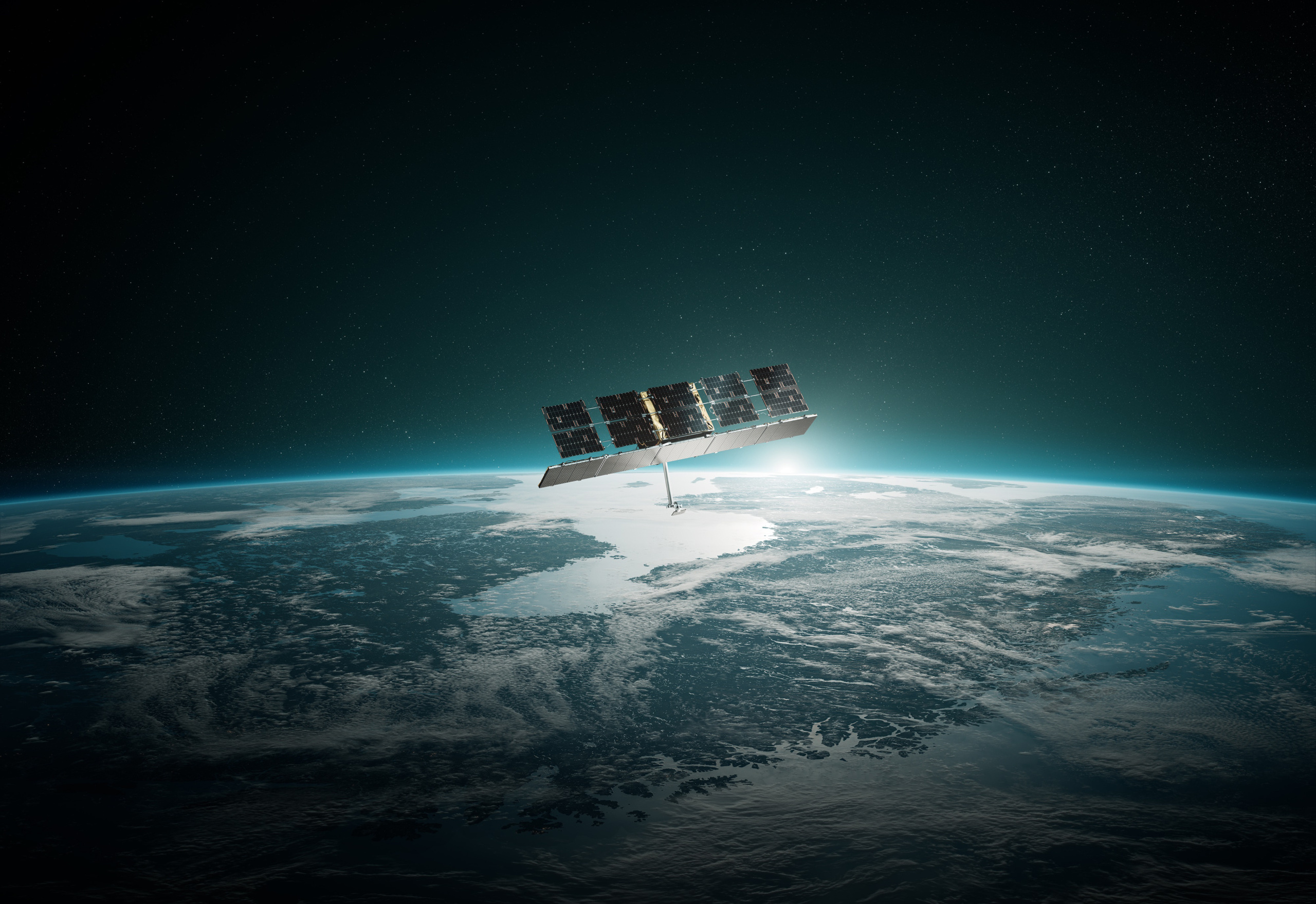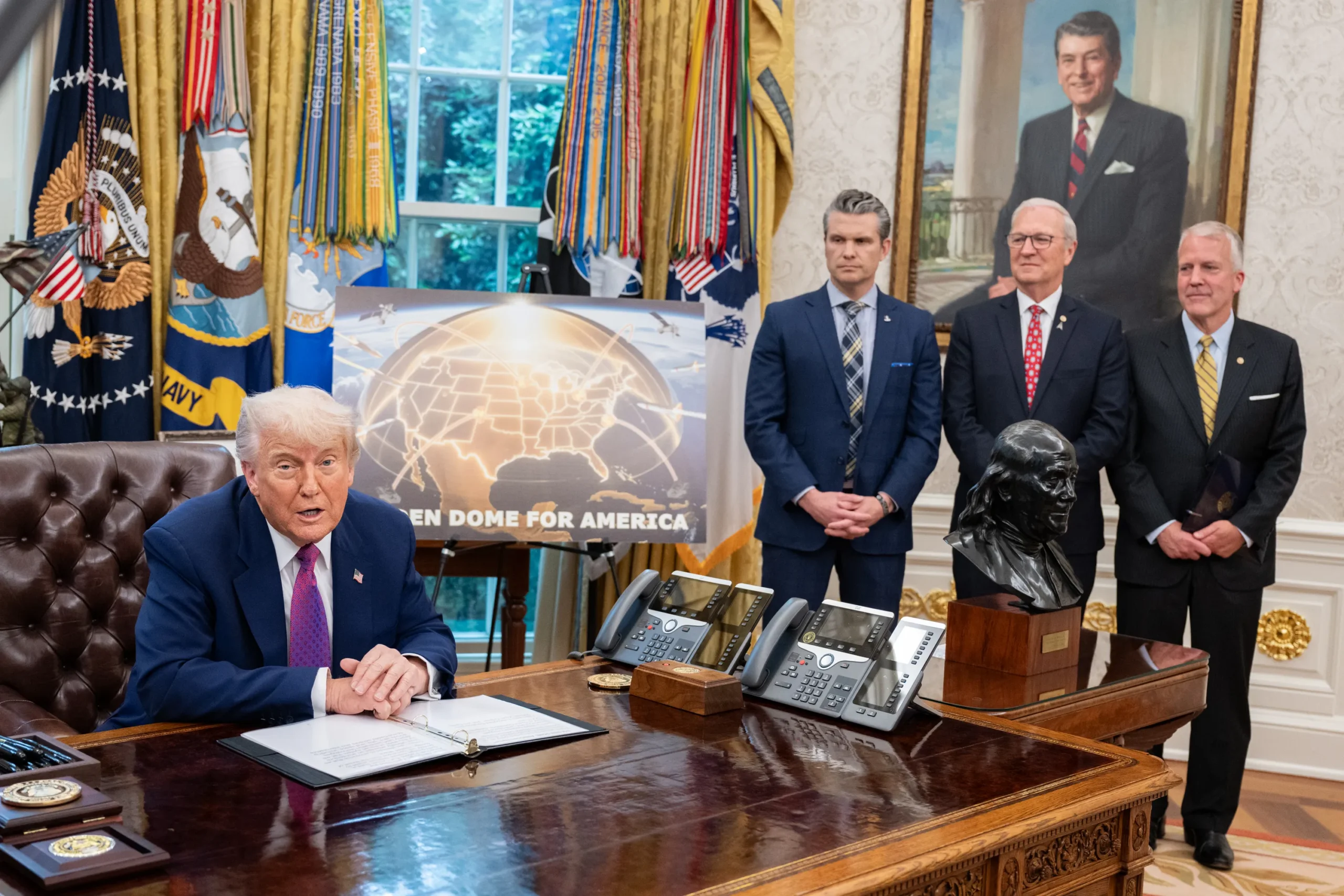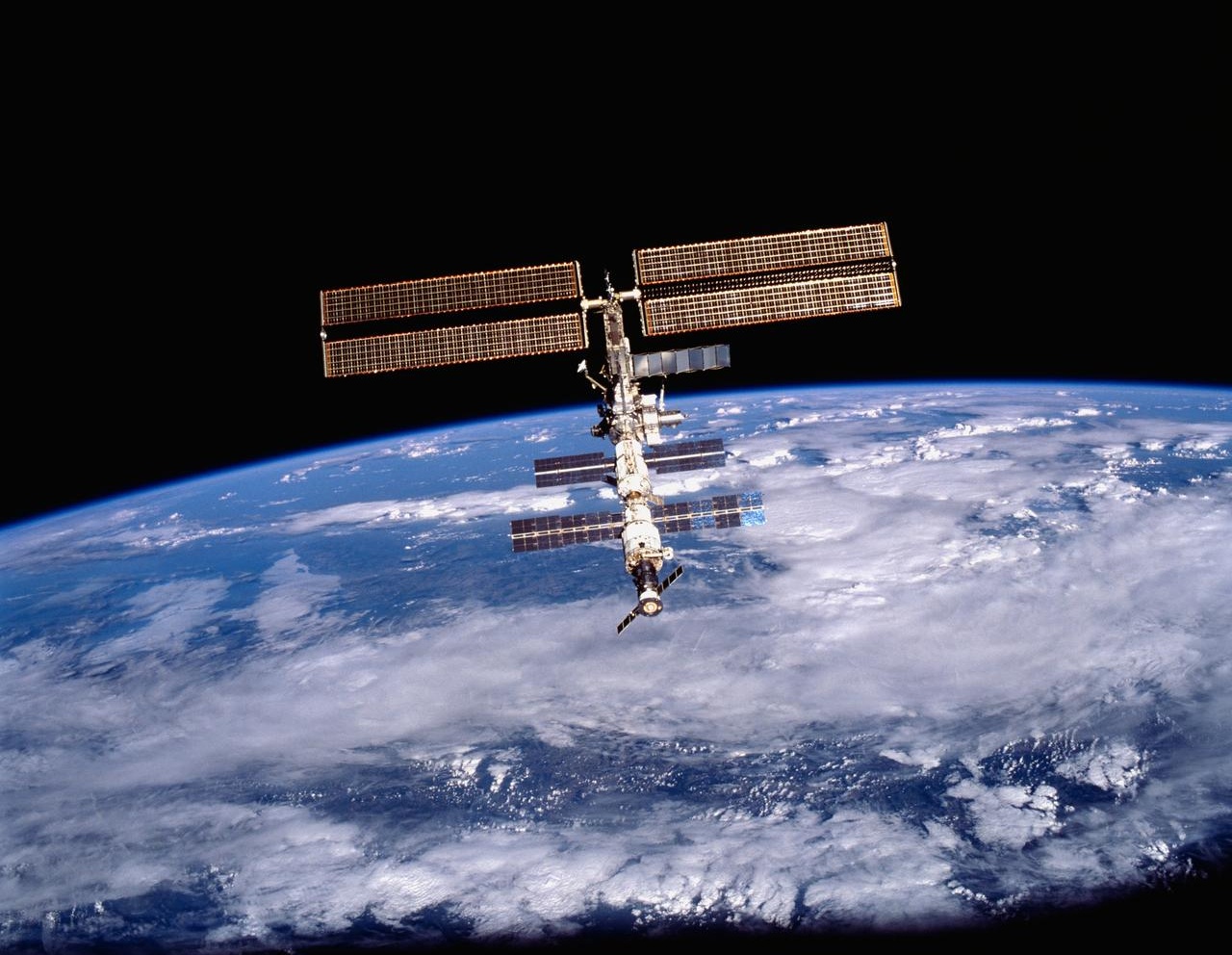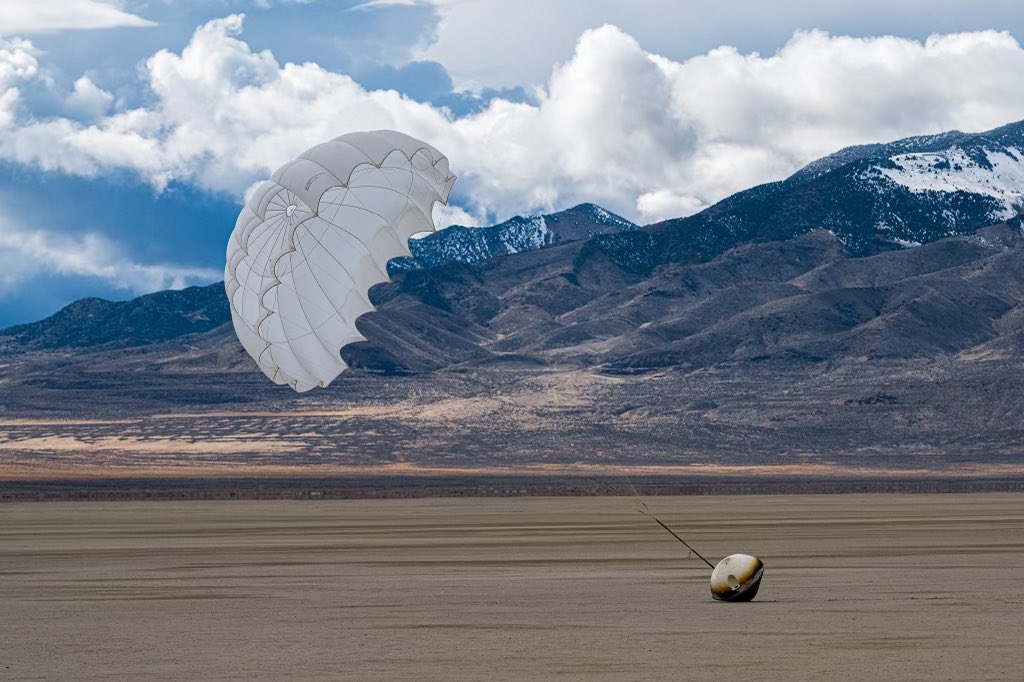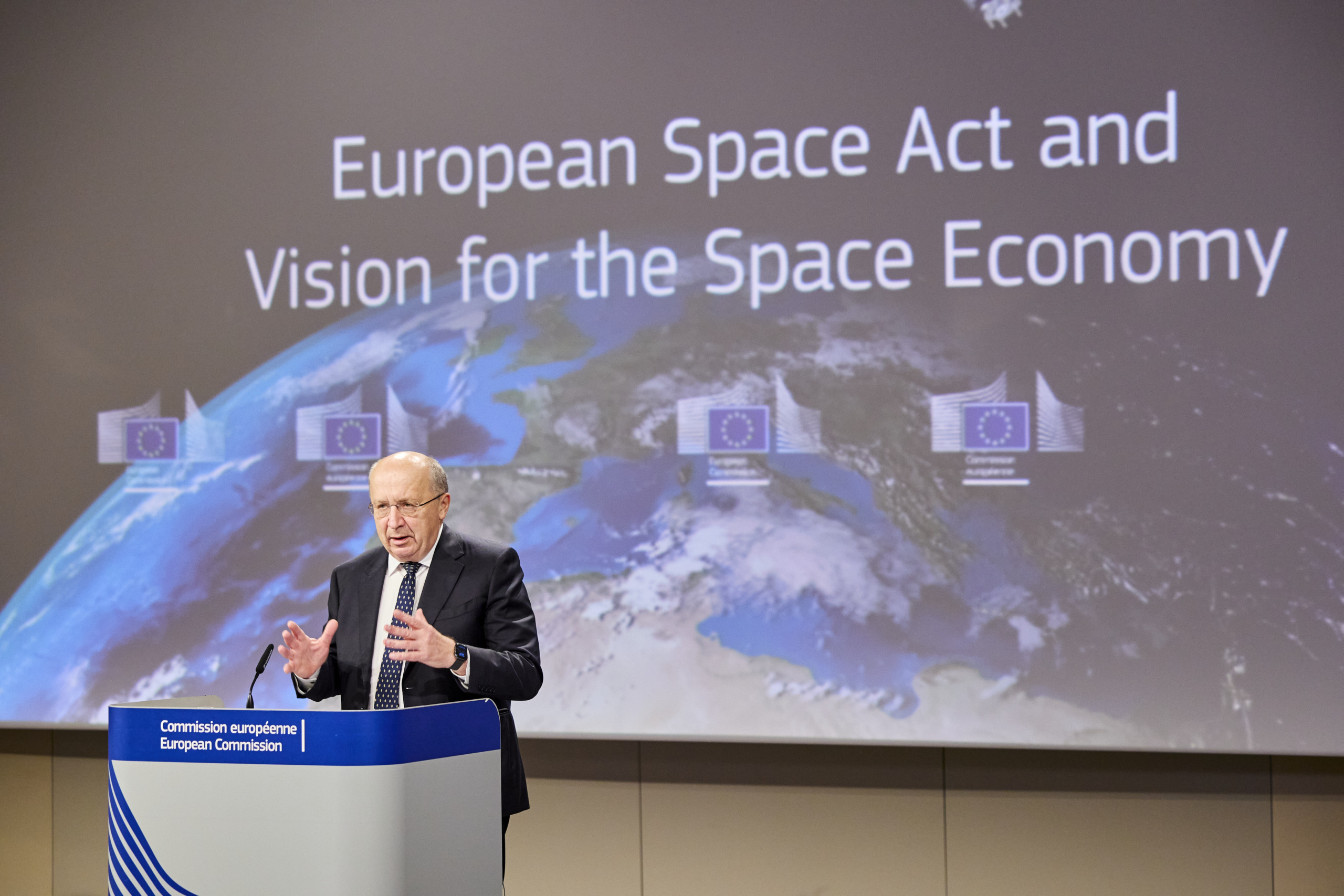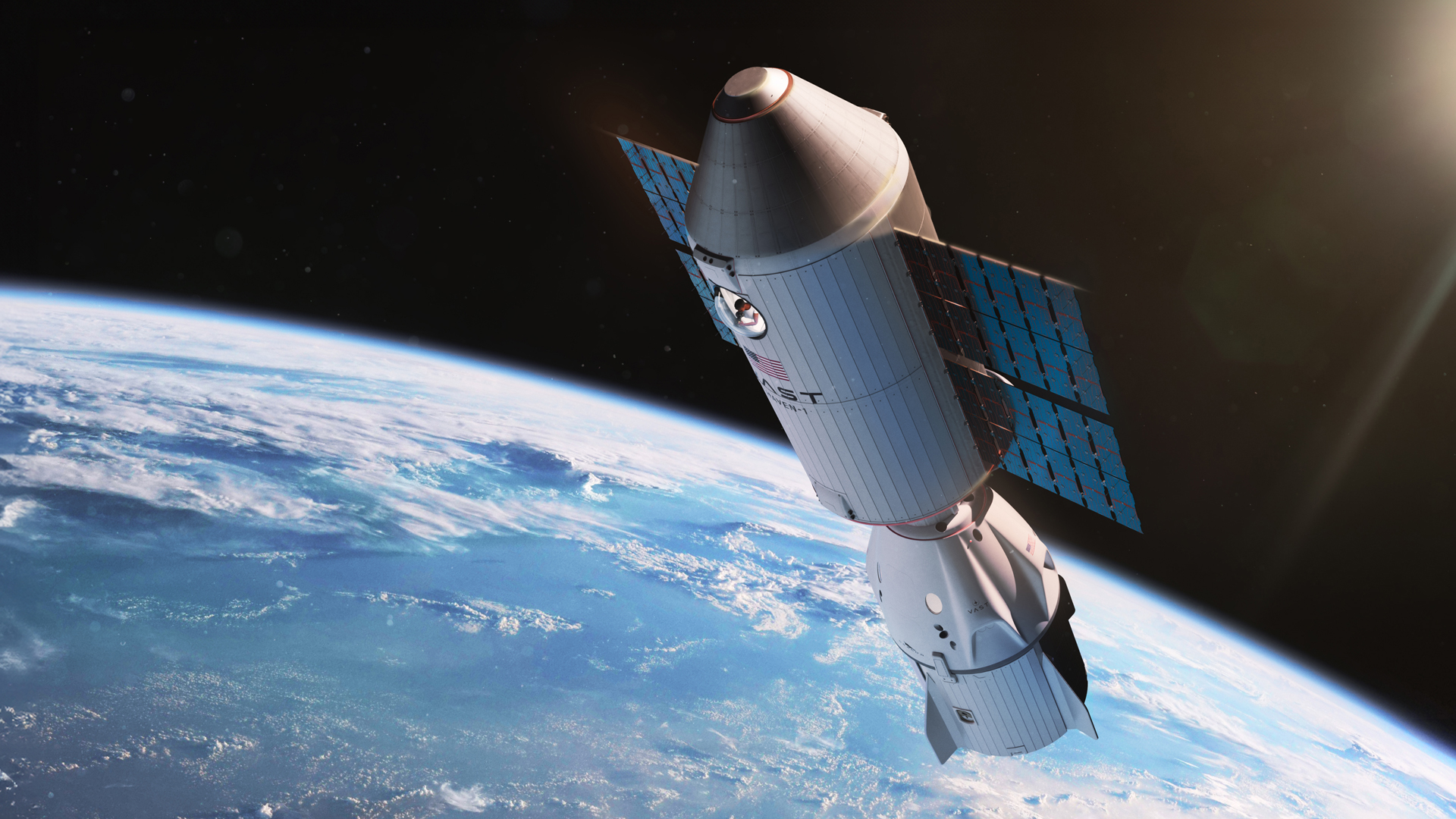Opinion
Op-eds from leaders in the space community.
Op-ed: Mars Sample Return May Be Canceled, But the Legal Questions It Leaves Behind Continue
With Mars Sample Return canceled, the question is no longer how to bring samples home—but how far existing space law can stretch before its gaps become consequential.
Op-Ed: Space Trends to Watch in 2026
2026 has a chance to become an inflection point where commercial expansion, AI integration, and sovereign partnerships could collide to redefine what the next decade of space looks like.
Op-ed: Golden Dome Will Stand or Fall on Its Sensors. Here’s How to Make Them Endure
Golden Dome’s first fight will be won or lost on its ability to see.
Op-ed: Congress Must Act to Prevent Gap in Microgravity Research
With the International Space Station—one of the most frequently used platforms for microgravity research—nearing retirement, it’s time for Congress to ensure industry can maintain access to microgravity for life-changing research—and to ensure the US can maintain its leadership in an area where China is hot on its heels.
Op-ed: Space is Getting Dangerous. We’re Not Building for It.
If conflict erupts in Europe, the first strike won’t be on land, at sea, or in the air. It’ll be in orbit.
Op-ed: The EU Space Act Will Stifle Innovation And Hurt US Space Companies
The EU Space Act, published in June, would establish a unified, EU-wide approach to regulating space activities, and address issues related to space safety, resiliency, and sustainability. However, the space act is poised to unleash a Pandora’s box of consequences, including putting a brake on innovation and raising the costs of doing business in space.
Op-ed: NASA’s New CLD Strategy Will Lose Mars, LEO to China
As a former space shuttle pilot and commander whose crews helped build the ISS, I am appalled that NASA has reportedly changed its plans for future commercial space stations.
Op-ed: Comms Failure is a Threat to Space Ambitions
While technical excellence abounds in the space sector, there’s a communications issue holding them back.
Op-Ed: Democrats Have Ceded Leadership on Space Policy
A quick glance at space-related bills introduced last Congress tells a clear story: Democrats led space legislation 30% less often than Republicans.
Op-ed: A Resilient Europe Means Learning from the US Model
Amid shifting global power balances and an ongoing war on European soil, it’s more important than ever for Europe to quickly address its fragmented, painfully slow, and overly cautious procurement process—or risk permanently lagging behind those who want to do it harm.
Op-ed: Let’s Get Back to Math and Physics
As industry develops and deploys its most innovative capabilities—from commercial space stations to asteroid mining missions—there is no US government entity clearly empowered to approve such commercial activities, threatening the future of US leadership in space.

